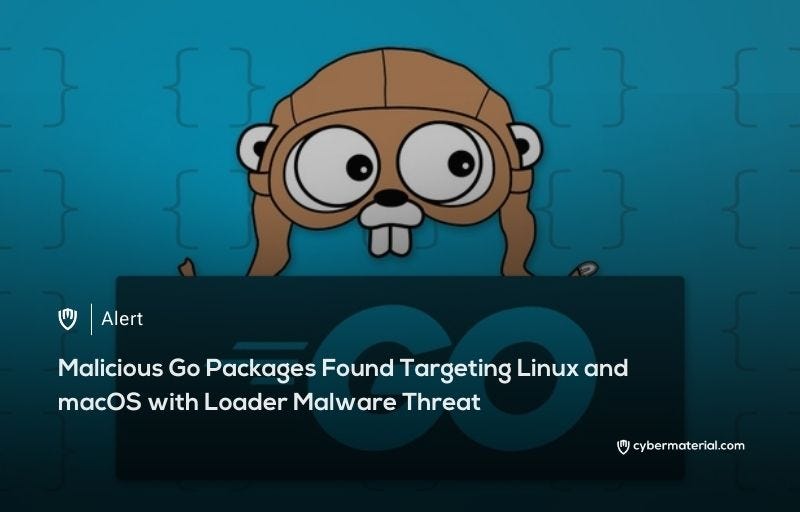
Cybersecurity researchers have raised alarms about an ongoing malicious campaign targeting the Go ecosystem, specifically involving typosquatted modules that are capable of deploying loader malware o…

Cybersecurity researchers have raised alarms about an ongoing malicious campaign targeting the Go ecosystem, specifically involving typosquatted modules that are capable of deploying loader malware o…